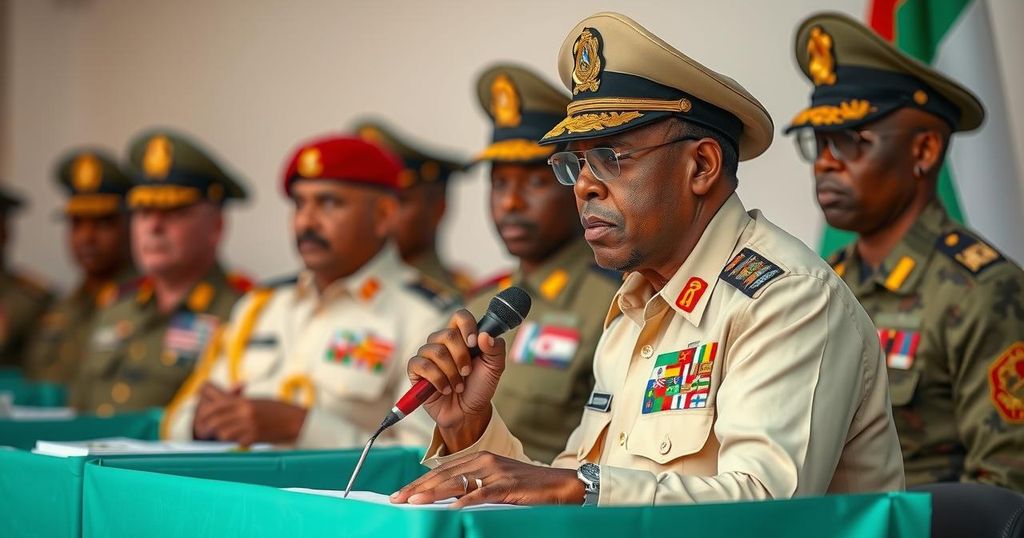Chad conducted a general election after three years of military rule, but low voter turnout is expected due to an opposition boycott, with early reports indicating only 38% participation.
On Sunday, Chad held a general election that the government declared as a significant move toward dismantling military governance instituted over the past three years. However, voter participation was anticipated to be minimal, following a boycott call from opposition groups. Initial reports from the National Election Management Authority indicated that approximately 38 percent of eligible voters had cast their ballots to select representatives for the new parliament, provincial assemblies, and local councils.
Chad has been under military rule since the passing of President Idriss Déby in April 2021, when a transitional military council assumed control of the government. During this period, the ruling authorities have emphasized the need for stability and a return to civilian governance. This election is presented by the current leadership as an opportunity for political renewal, yet the opposition’s stance on boycotting it reflects widespread skepticism about the legitimacy of the electoral process under the military regime.
In summary, Chad’s recent general election represents a critical juncture in the nation’s political landscape, marking a potential transition away from military rule. However, the anticipated low turnout, fueled by opposition calls for a boycott, raises significant concerns regarding the legitimacy of the electoral outcomes and the future of democratic governance in Chad.
Original Source: www.caledonianrecord.com






